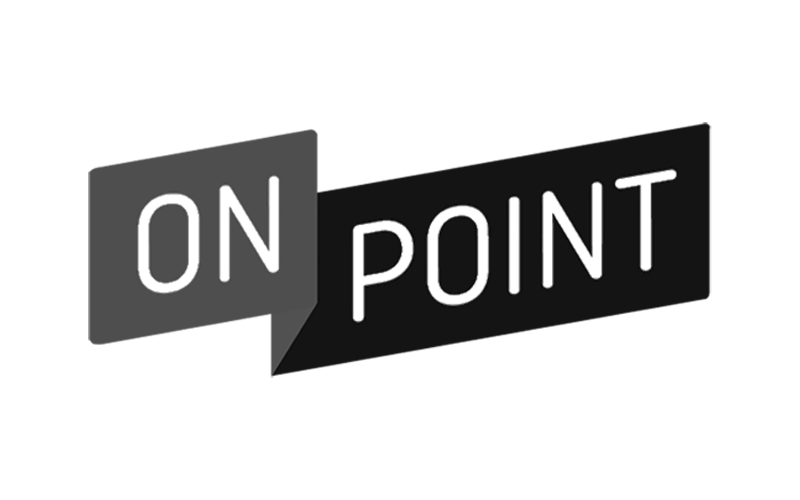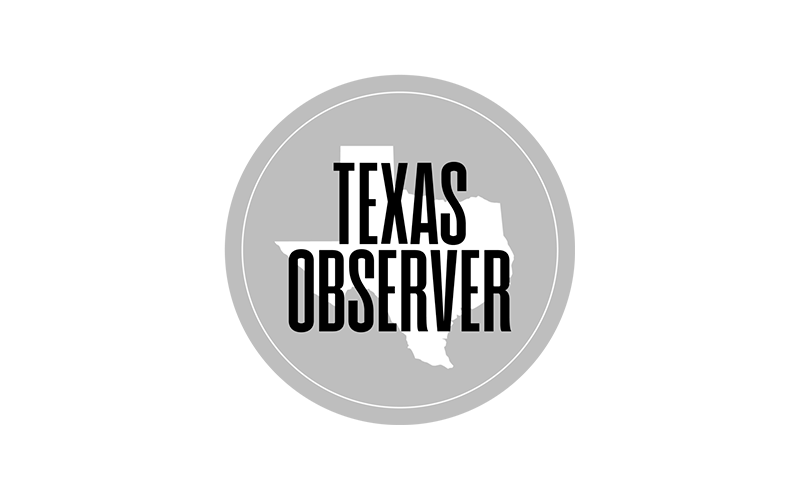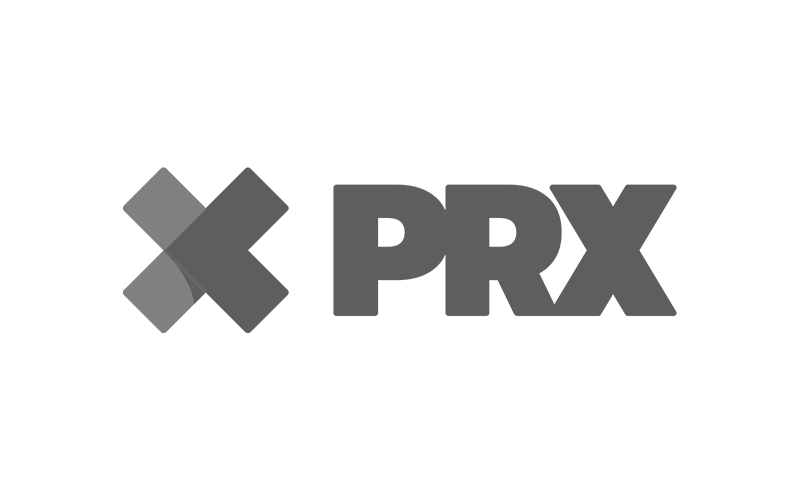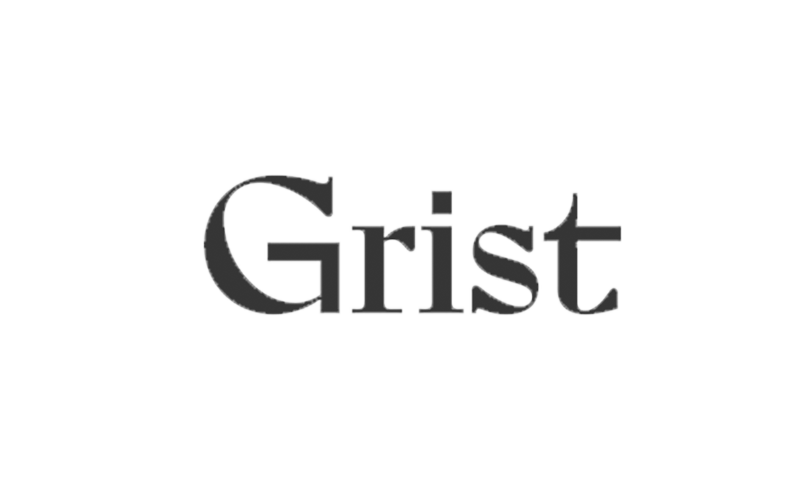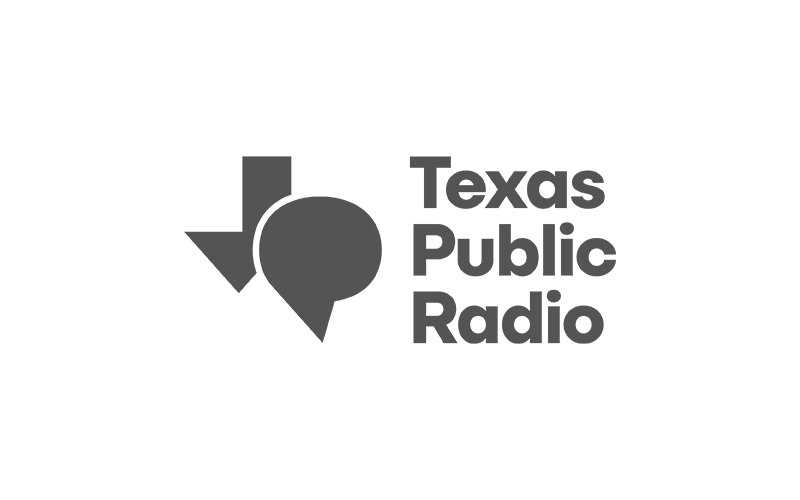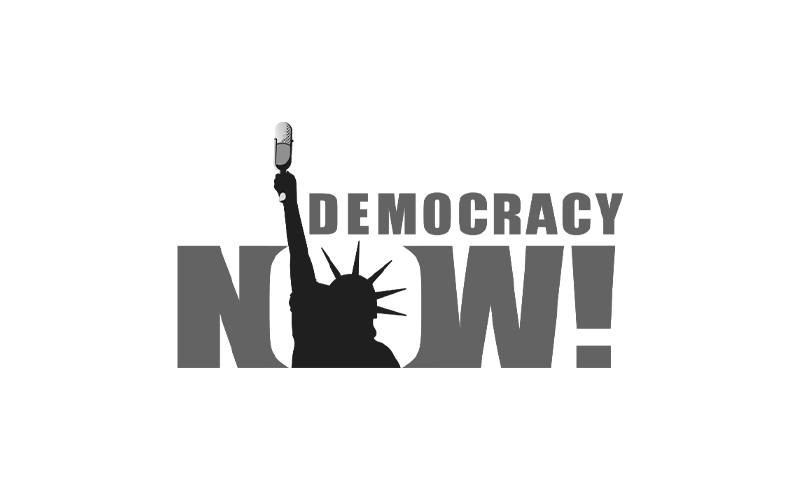Our primary goal for the publicity campaign was sharing Katie Worth’s exceptional reporting with as many people as possible. If parents, activists, and students themselves know who influences curricula and how decisions are made about what kids learn, they can advocate for better climate change education in their communities.
“Megan is mission-driven, strategic, persistent, savvy, and an absolute delight to work with. It’s the plain truth that my book wouldn’t have received a fraction of the attention it did without her.”
— Katie WorthEmmy-winning investigative journalist and author of Miseducation: How Climate Change Is Taught in America





